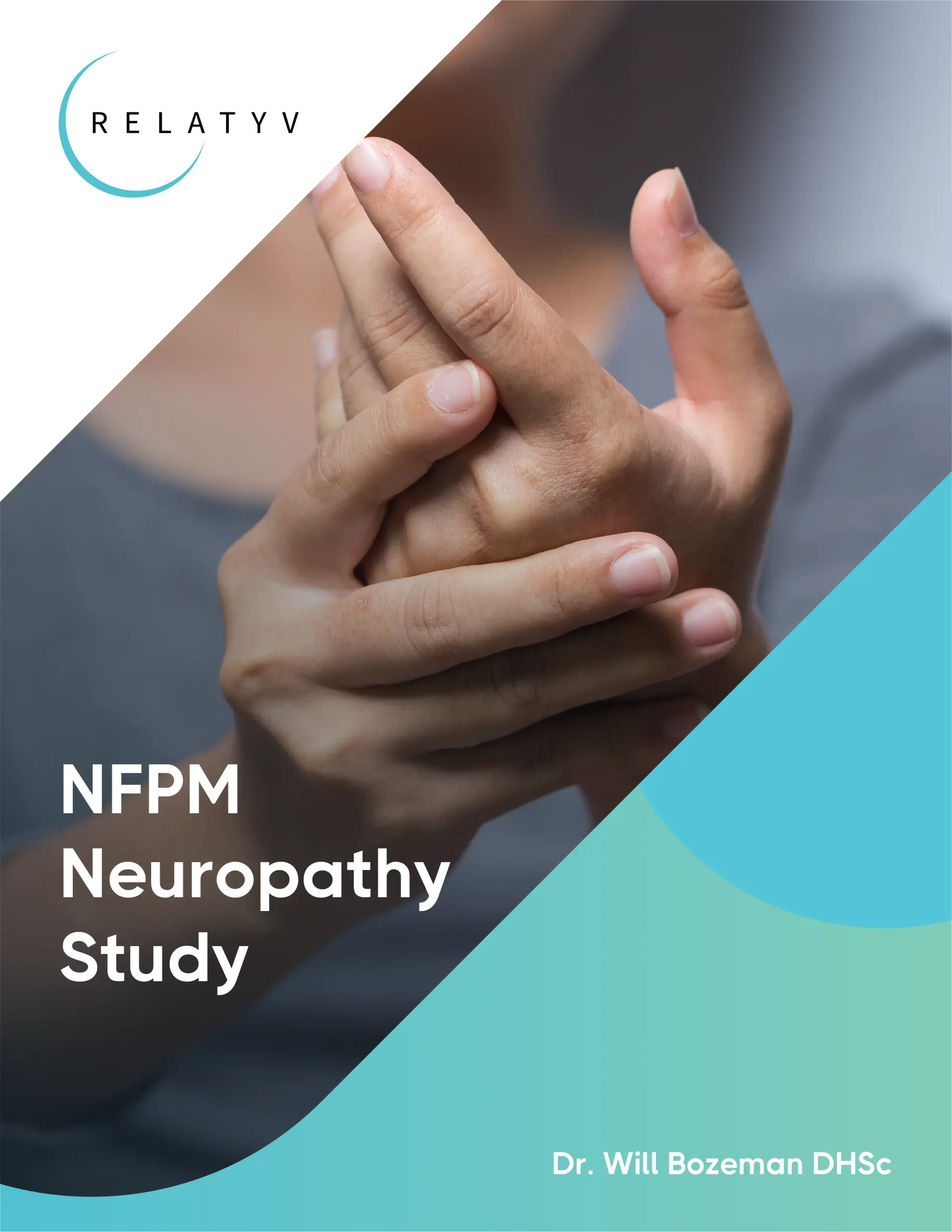Berberine

How Berberine Can Help: A Comprehensive Guide
Read More
September 18, 2024
Berberine, a naturally occurring compound, has garnered significant attention for its potential health benefits. Found in several plants and long utilized in traditional medicine, this powerful bioactive substance is now being studied for its wide range of therapeutic effects. The following guide will explore what berberine is, its origins, and why it’s considered a potent compound worth considering for supporting overall health.
Berberine is an alkaloid, a type of naturally occurring compound produced by plants. It’s most commonly extracted from several plants, including Berberis vulgaris (barberry), Coptis chinensis (goldthread), and Hydrastis canadensis (goldenseal). These plants have been used in traditional Chinese and Ayurvedic medicine for thousands of years, often for treating infections, digestive disorders, and more.
On a chemical level, berberine’s structure is characterized by a yellow-colored isoquinoline alkaloid, which is responsible for many of its bioactive properties. The term “bioactive” refers to a substance’s ability to interact with living organisms and influence biological processes.
Berberine’s bioactive properties mean that it can affect how cells function and how the body’s metabolic systems operate. This is largely due to its unique chemical structure, which allows it to bind to and modulate various molecular targets within the body. These interactions can result in multiple effects, such as regulating blood sugar levels, supporting metabolic health, and promoting a healthy inflammatory response.
Berberine exerts its effects on the body through several important mechanisms, with one of the most significant being its ability to activate AMP-activated protein kinase (AMPK). AMPK is often called the body’s “metabolic master switch.” This is because it plays a crucial role in regulating energy balance and metabolism at the cellular level.
When berberine activates AMPK, it initiates a cascade of metabolic processes that help the body use energy more efficiently. This activation improves insulin sensitivity, making cells more responsive to insulin, which is key for maintaining healthy blood sugar levels. As a result, berberine helps regulate blood sugar by enhancing the body’s ability to use glucose effectively and reducing the production of glucose in the liver.
Moreover, berberine’s activation of AMPK also influences energy production. By increasing the activity of AMPK, berberine encourages the body to switch from storing energy in the form of fat to burning it, which can contribute to overall metabolic health.
Additionally, berberine impacts other molecular pathways. It has been shown to reduce inflammation by modulating inflammatory pathways and influencing cholesterol metabolism, potentially helping to lower LDL (bad) cholesterol levels.
Berberine has been widely studied for its numerous health benefits, many of which are linked to its ability to regulate metabolic processes in the body. Below are some of the key benefits of berberine:
One of berberine’s most well-researched benefits is its ability to reduce blood sugar levels. This effect is largely due to its activation of AMP-activated protein kinase (AMPK), which enhances insulin sensitivity and promotes glucose uptake by cells. By increasing the effectiveness of insulin, berberine helps the body maintain stable blood sugar levels. This makes it particularly beneficial for people with insulin resistance or type 2 diabetes.
Berberine also helps to reduce glucose production in the liver. This can help lower blood sugar levels as well. This dual action – improving how the body uses glucose while decreasing the amount of glucose the liver releases – makes berberine a powerful natural option for supporting healthy blood sugar levels.
Berberine helps support a healthy gut microbiome, which is important for overall well-being. The gut microbiome is made up of trillions of tiny organisms, including bacteria, that are crucial for digestion, immune health, and even mental wellness.
It has been shown that berberine can help improve gut bacteria by boosting the growth of good bacteria while helping to reduce the growth of harmful ones. This balancing effect helps maintain a healthy gut environment, improving digestion and enhancing nutrient absorption.
By increasing the population of beneficial bacteria, berberine may also support the integrity of the gut lining, reducing the risk of issues such as leaky gut syndrome. A well-balanced gut microbiome is also linked to better metabolic health, including improved weight management and reduced inflammation.
Additionally, berberine’s ability to modulate gut bacteria may have further-reaching effects, such as supporting the immune system and potentially influencing mood and cognitive function. This makes berberine a valuable supplement for those looking to enhance gut health and overall wellness.
The liver is vital to maintaining blood sugar levels, particularly during fasting or between meals. However, too much glucose production in the liver can result in higher blood sugar levels, which is often a concern for those with type 2 diabetes and insulin resistance.
Berberine helps to mitigate this problem by inhibiting key enzymes involved in the gluconeogenesis process. By doing so, it reduces the amount of glucose the liver releases into the bloodstream. This action is particularly important for managing fasting blood sugar levels, which can be challenging to control in people with metabolic disorders.
Moreover, berberine’s ability to decrease hepatic glucose production works in tandem with its other effects, such as increasing insulin sensitivity and enhancing glucose uptake by cells. This multifaceted approach makes berberine an effective natural option for supporting healthy blood sugar levels and lowering the risk of potential complications associated with high blood sugar.
Berberine has been shown to positively impact cholesterol levels, making it a valuable supplement for cardiovascular health. High levels of LDL cholesterol, which is known to be “bad” cholesterol, can cause plaque to accumulate in the arteries, raising the risk of heart disease and stroke. Berberine’s ability to lower cholesterol levels adds another layer of protection against these conditions.
One way berberine lowers cholesterol is by upregulating the expression of LDL receptors on liver cells. These receptors help remove LDL cholesterol from the bloodstream, reducing its overall levels. This process is similar to the mechanism by which statin drugs work, although berberine does so naturally and without some of the side effects associated with pharmaceuticals.
Berberine has also been found to reduce triglyceride levels, which is another form of fat in the blood that, when elevated, can contribute to cardiovascular risk. Furthermore, some studies suggest that berberine may also help increase HDL cholesterol, known as “good” cholesterol. This helps remove excess cholesterol from the body.
Berberine’s multifaceted effects on metabolic health extend to lowering the risk of heart disease, which is one of the leading causes of death globally. By addressing several key risk factors – such as high blood sugar, elevated cholesterol, and high blood pressure – berberine contributes to overall cardiovascular health.
One way berberine reduces heart disease risk is by improving lipid profiles. As discussed, it lowers LDL cholesterol and triglycerides while potentially increasing HDL cholesterol. This balancing act helps prevent plaque buildup in the arteries. Such plaque buildup can lead to atherosclerosis, a condition characterized by hardened and narrowed arteries that restrict blood flow to the heart.
Additionally, berberine’s ability to enhance insulin sensitivity and lower blood sugar levels also plays a crucial role in heart health. High blood sugar and insulin resistance are closely linked to the development of cardiovascular diseases, such as coronary artery disease. By keeping blood sugar in check, berberine helps reduce the strain on the heart as well as blood vessels.
Berberine is well-regarded for its potent antioxidant and anti-inflammatory properties, both of which play an essential role in supporting overall health and preventing chronic diseases. Oxidative stress and persistent inflammation are key contributors to diabetes, cardiovascular disease, and even certain cancers. Berberine’s ability to counteract these processes makes it a valuable natural compound for promoting long-term health.
As an antioxidant, berberine helps neutralize free radicals – unstable molecules that can result in cellular damage if their levels become too high. This oxidative damage is a key contributor to aging and the development of various diseases. By reducing oxidative stress, berberine supports the health of cells, tissues, and organs, helping to slow down the aging process and protect against diseases linked to oxidative damage.
In addition to its antioxidant effects, berberine also exhibits strong anti-inflammatory properties. Chronic inflammation is a persistent, low-grade immune response that can lead to tissue damage over time. It’s associated with numerous health conditions, from heart disease and diabetes to arthritis and neurodegenerative disorders.
Berberine reduces inflammation by modulating key inflammatory pathways, including the inhibition of pro-inflammatory cytokines. This action helps lower the body’s overall inflammatory burden, reducing the risk of inflammation-related diseases.
While berberine offers many potential health benefits, it’s essential to consider certain precautions before incorporating it into your routine. Like any supplement, berberine may not be suitable for everyone. For example, the following are specific situations where caution is warranted.
Berberine is considered safe for most people as long as it is taken as directed. However, it’s vital to understand how it interacts with other supplements and any potential contraindications. Combining berberine with other supplements or medications can influence its effects, so being informed about these interactions is crucial for safe and effective use.
While berberine is well-tolerated by many, some individuals may experience side effects, particularly at higher doses. Common side effects include:
When taking berberine in combination with other medications or supplements, you should be aware of potential interactions:
We are committed to developing high-quality formulations that promote health, vitality, and longevity. The RELATYV product range is carefully crafted using the finest ingredients, with berberine playing a central role in several of our formulations. Known for its extensive health benefits, berberine is a key component in our approach to supporting metabolic health, cardiovascular function, and overall well-being. Through rigorous research and innovation, we have harnessed the power of berberine to help you live a healthier life.
Among our flagship products is Berberine X5, a standout in RELATYV’s Longevity Formula. Berberine X5 is designed with a potent concentration of berberine, ensuring that you receive an effective dose with each serving. What sets Berberine X5 apart is its unique formulation that combines berberine with other synergistic ingredients to maximize its health benefits.
In Berberine X5, we have optimized the concentration of berberine to enhance its bioavailability, ensuring that your body can absorb and utilize it efficiently. This product is specifically formulated to support healthy blood sugar levels, improve insulin sensitivity, and promote cardiovascular health – all crucial aspects of longevity. Additionally, Berberine X5 includes complementary ingredients that work in harmony with berberine to further support metabolic health, reduce inflammation, and provide antioxidant protection.
By incorporating Berberine X5 into your daily routine, you are not just taking a supplement but investing in your long-term health and well-being. Our dedication to quality and efficacy means that every bottle of Berberine X5 is crafted with care, using only the best ingredients to help you achieve your health goals.
Incorporating berberine into your daily routine can be a powerful step toward enhancing your overall well-being. From supporting healthy blood sugar levels and cholesterol management to promoting a balanced gut microbiome and reducing the risk of heart disease, berberine offers many potential benefits backed by both traditional wisdom and modern science.
We recognize the incredible potential of berberine, which is why it is a cornerstone of our longevity-focused formulas. With products like Berberine X5, we bring you a high-quality, effective solution designed to help you live a healthier, longer life. By choosing RELATYV, you are not just choosing a supplement; you are choosing a partner in your journey toward optimal health and vitality.
Support your health naturally with berberine
About the Author
Will is a healthcare executive, innovator, entrepreneur, inventor, and writer with a wide range of experience in the medical field. Will has multiple degrees in a wide range of subjects that give depth to his capability as an entrepreneur and capacity to operate as an innovative healthcare executive.
Share on Social Media



You can see how this popup was set up in our step-by-step guide: https://wppopupmaker.com/guides/auto-opening-announcement-popups/
You can see how this popup was set up in our step-by-step guide: https://wppopupmaker.com/guides/auto-opening-announcement-popups/
Neurofunctional Pain Management Overview
Symptoms
Conditions Treated
Treatments
Articles by Category
Locations
Colorado
Wisconsin
Georgia
Hiram
Lawrenceville
Marietta
Powder Springs
Texas
Waco
Victoria
Illinois
Buffalo Grove
New Lenox
St. Charles
Arizona
Tucson
Waddell
Arlington
Avondale
Buckeye
Superior
Mesa
Palo Verde
Morristown
Tempe
Chandler
Anthem
Eloy
Florence
Fort McDowell
Phoenix
El Mirage
Coolidge
Gilbert
Arizona City
Casa Grande
Casa Blanca
Aguila
Sacaton
Apache Junction
Kearny
Stanfield
Goodyear
Litchfield Park
Alabama
Arkansas
California
Florida
Idaho
Indiana
Iowa
Kansas
Louisiana
Maryland
Michigan
Rhode Island
Minnesota
Mississippi
Nevada
New Jersey
New Mexico
North Carolina
Ohio
Pennsylvania
South Dakota
Tennessee
Utah
Virginia
Washington


